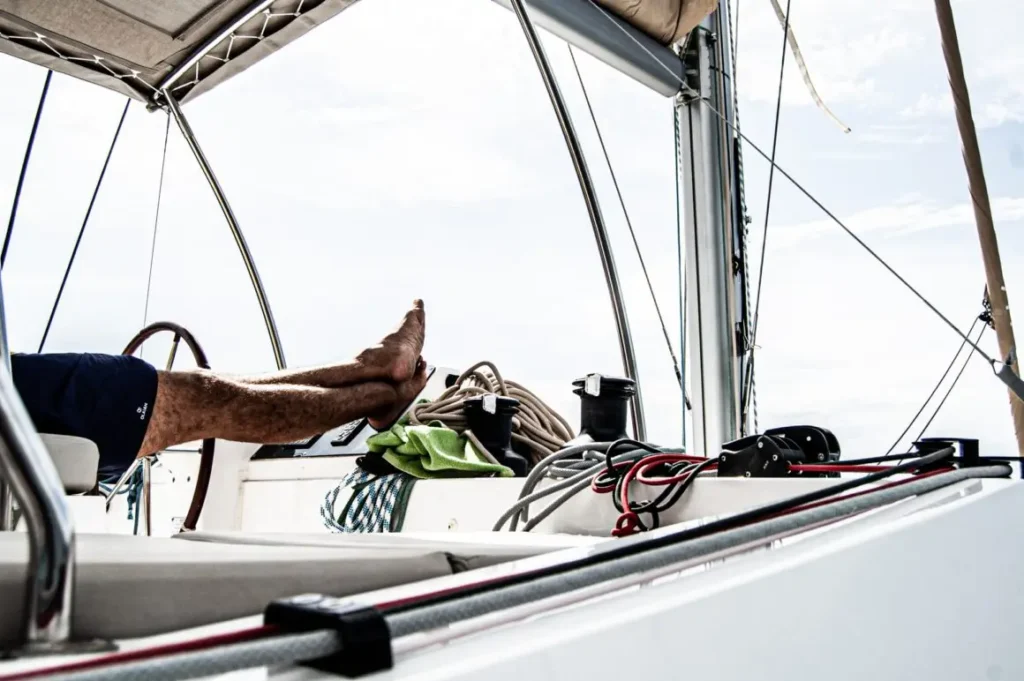Planning a boating adventure abroad can be exciting, especially when you already hold a valid boating license in your home country. However, many travelers ask a common question: Can you rent a boat with a foreign boating license? The answer depends on where you’re going and the type of boat you plan to rent. If you’re heading to popular destinations like Florida, you’ll find options such as a trusted Naples boat rental service that welcomes international visitors with proper documentation. However, understanding the rules beforehand can save you from confusion or delays.
Understanding International Boating Licenses
Boating laws are not globally standardized, which means each country—and sometimes each region within a country—sets its requirements. Some places accept foreign licenses with minimal paperwork, while others require a local boating safety certificate or temporary permit.
For instance, countries in the European Union often recognize licenses from other EU states, and some even accept U.S. licenses. On the other hand, if you’re traveling from outside the EU to rent a boat in places like France or Italy, you may need to present a translated version of your license or obtain an International Certificate of Competence (ICC), depending on the vessel’s size and power.
What the Rental Company Will Ask For?
Rental companies are typically the first checkpoint for accepting a foreign boating license. Most will ask for:
- A copy of your valid boating license or certificate.
- A form of ID or passport.
- Sometimes, proof of past boating experience.
- Some regions may require a log of prior sea hours for larger or motorized boats.
Even if your license is accepted, boat rental companies may require you to complete a short safety briefing or test before departure, especially if the area has unique navigation rules or traffic patterns.
Countries That Commonly Accept Foreign Boating Licenses
Some boat-friendly destinations are also the most welcoming regarding international boating licenses. Countries such as:
- United States: Many states, including Florida, allow foreign boaters to rent vessels with a license equivalent to local requirements. Some might also require boaters to complete a short safety course.
- Canada: Accepts foreign licenses, but renters may be asked to sign a Rental Boat Safety Checklist.
- Australia and New Zealand: Usually accept overseas licenses, particularly for smaller boats, though a boating resume might be required.
- Caribbean nations: Typically have relaxed rules, especially for small leisure crafts. However, it’s wise to check ahead if you’re considering motor yachts or overnight trips.
Language and Translation Requirements
In many cases, even if your boating license is accepted, it must be presented in English or the local language. If it’s not, you might need to provide an official translation. Some rental companies offer help, while others may recommend getting an ICC, which is widely recognized and includes language options.
Do You Need an International Boating Permit?
While not mandatory everywhere, obtaining an International Certificate of Competence (ICC) can be smart if you rent boats in multiple countries. The ICC confirms that you meet international standards for boating competence and is especially useful in Europe. Another globally recognized option is the SBF license, which is used in Germany and other parts of Central Europe.
If you’re unsure about your destination’s policy, contacting the local maritime authority or rental company beforehand is best. They can give you accurate information and help you meet additional requirements before arriving.
Tips for a Smooth Boat Rental Experience Abroad
- Call ahead: Contact the boat rental agency before your trip to ask about their policies regarding foreign licenses.
- Carry documentation: Bring digital and hard copies of your boating license, identification, and related training certificates.
- Ask about insurance: Check if insurance is included or if you need to purchase additional coverage.
- Get familiar with local rules: Learn about regional navigation laws, especially regarding right-of-way, speed zones, and restricted areas. You can often find helpful resources through government websites or boating associations.
- Brush up on safety equipment: Ensure you know how to use all onboard safety gear. Some areas also require carrying specific items, such as flares or a VHF radio.
Final Thoughts
Renting a boat abroad with a foreign boating license is absolutely possible, but it requires some planning and knowledge of local rules. Regulations vary widely, so preparing in advance and communicating with rental companies at your destination is essential. With the proper documents and precautions, your international boating experience can be smooth, safe, and unforgettable.
Also Read-Meals Included on PaxTravelTweaks: A Comprehensive Guide


